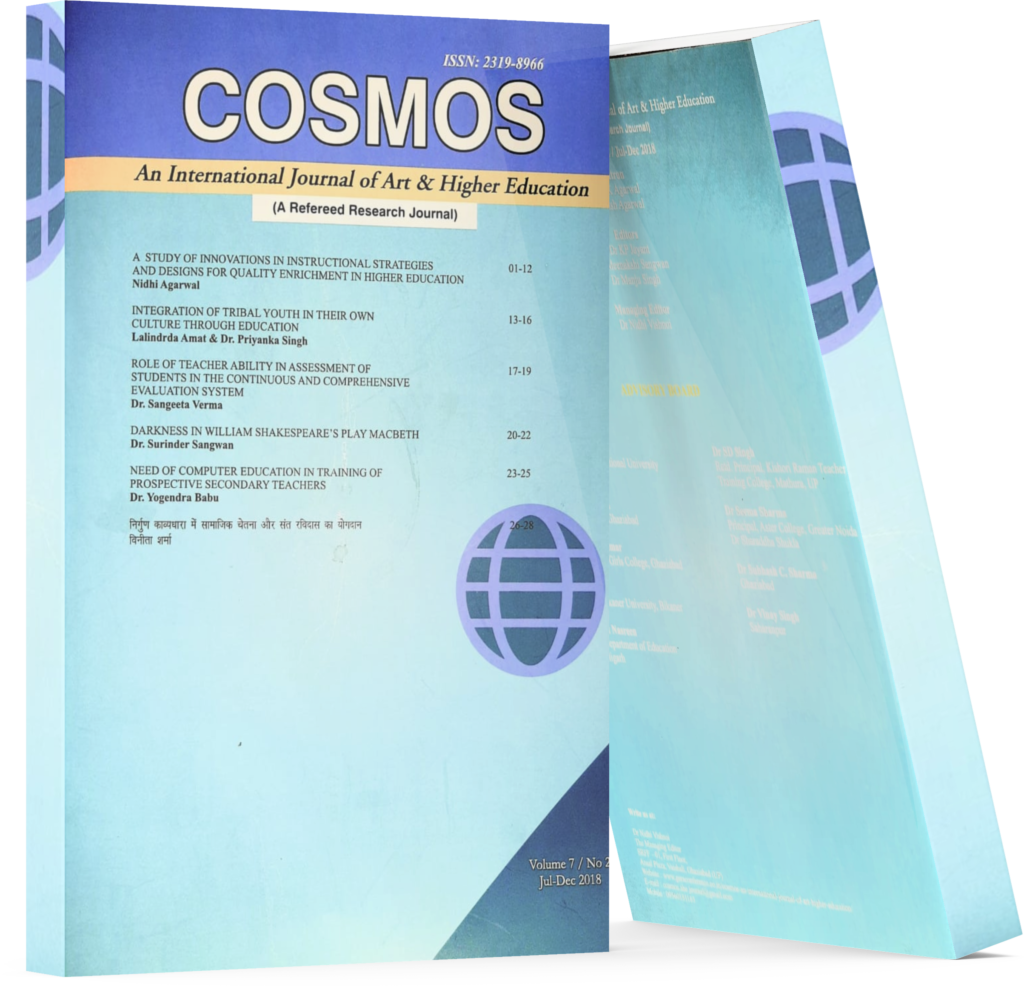Scholarship Grantees’ Satisfaction On Student Financial Aid Unit And Its Effects On Scholars' Financial Stress
Keywords:
Student Financial Aid, Satisfaction, Scholarship, Financial StressAbstract
Student financial aid (SFA) is a unit under the jurisdiction of the student affairs and services department. It is financial support given to individuals who are furthering their education. SFA may be seen in a number of forms, including scholarships, grants, student loans, and work-study programs. Financial stress has been defined as difficulty in meeting one’s financial obligations, with given economic behaviors being best understood in light of individuals’ attitudes and beliefs related to resource availability and management (Northern et al., as cited by Robb, 2017). Scholarship grantees’ who are satisfied with the services provided by the SFA tend to reduce financial stress and in the long run achieve their academic goals (Montalto, et al, 2019).
Downloads
References
Alshurideh, M. (2014). The factors predicting students’ satisfaction with universities’ healthcare clinics’ services. Dirasat. Administrative Sciences, 41(2), 451-464.
Britt, S.L., Canale, A., Fernatt, F., Stutz, K. & Tibbetts, R. (2015). Financial stress and financial counseling: Helping college students. Journal of Financial Counseling and Planning, 26(2), 172-186.
Chen, J. & Hossler, D. (2017). The effects of financial aid on college success of two-year beginning nontraditional students. Research in Higher Education, 58(1), 40-76.
Faize, F. A., & Nawaz, M. (2020). Evaluation and Improvement of students' satisfaction in Online learning during COVID-19. Open Praxis, 12(4), 495-507.
Galvez, R. (2018). Student Affairs and Services of La Consolacion University Philippines: An Evaluation.
Montalto, C.P., Phillips, E.L., McDaniel, A. & Baker, A.R. (2019). College student financial wellness: Student loans and beyond. Journal of Family and Economic Issues, 40(1), 3-21.
Taylor, Z.W. and Bicak, I. (2020). First generation college student financial aid: Results from a national financial aid jargon survey. College Student Affairs Journal, 38(1), 91-109.
Tran, A.G., Lam, C.K. and Legg, E. (2018). Financial stress, social supports, gender, and anxiety during college: A stress-buffering perspective. The Counseling Psychologist, 46(7), 846-869.
Yousafzai, I.I. & Jamil, B. (2019). Relationship between admission criteria and academic performance: A correlational study in nursing students. Pakistan Journal of Medical Sciences, 35(3), 858.
Radwin, D., Conzelmann, J. G., Nunnery, A., Lacy, T.A., Wu, J., Lew, S., ... & Siegel, P. (2018). 2015-16 National Postsecondary Student Aid Study (NPSAS: 16): Student.
Financial Aid Estimates for 2015-16. First Look. NCES 2018-466. National Center for Education Statistics.
Herbaut, E. & Geven, K. (2020). What works to reduce inequalities in higher education? A systematic review of the (quasi-) experimental literature on outreach and financial aid. Research in Social Stratification and Mobility, 65, 100442.
Ren, Z. (2023). The Government’s Assistance to Lower-Income Families’ Education. Journal of Education, Humanities and Social Sciences, 13, 326-331.

